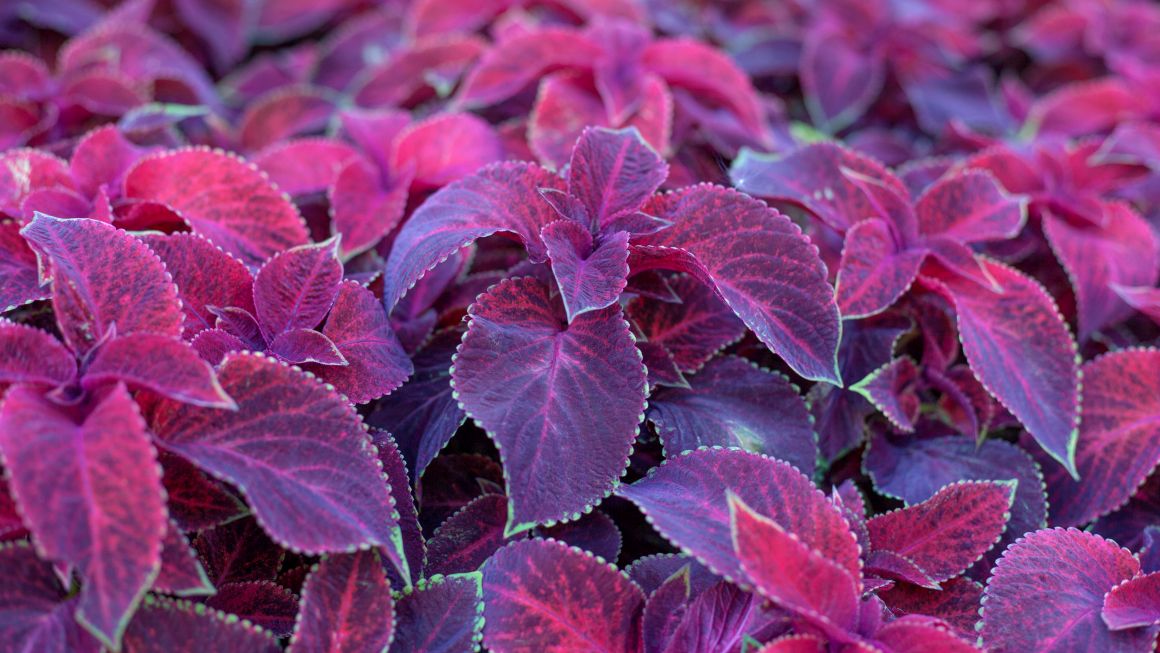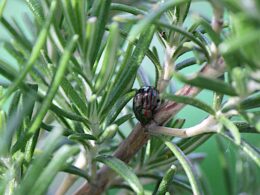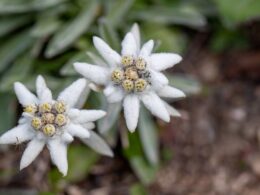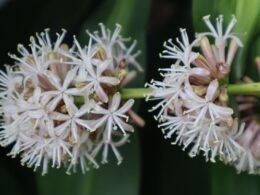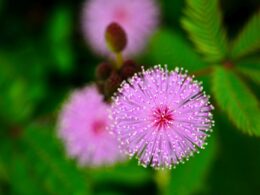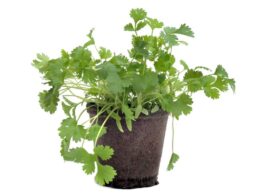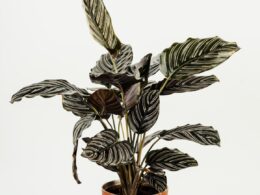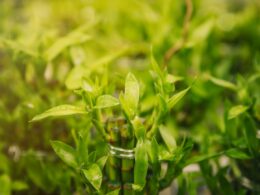Coleus Plant Overview
The Coleus plant is a popular choice for both indoor and outdoor gardens. Native to tropical regions, Coleus plants are known for their vibrant and colorful leaves. They are low-maintenance plants that can tolerate a wide range of growing conditions, making them ideal for both beginner and experienced gardeners.
Coleus plants can be used as ground cover or houseplants, and they make an ideal addition to any garden. Although they are typically grown for their ornamental value, Coleus plants also have a number of other uses. Coleus plants are also known to repel certain pests, making them a valuable addition to any garden.
Watering Coleus Plants
Coleus plants are quite drought tolerant and can withstand periods of dryness. However, they will need regular watering during the hot summer months (even every day). Water your coleus plant when the soil feels dry to the touch, and be sure to empty any excess water from the saucer beneath the pot. During the winter months, you can allow the top layer of soil to dry out before watering again.
Coleus Plant Care: Fertilizing
Coleus plants are not heavy feeders and don’t require a lot of fertilizer. A slow-release fertilizer applied once a month is all that is needed to keep your coleus plant healthy. If you notice that your coleus plant is looking pale or unhealthy, you can give it a boost with a liquid fertilizer. Be sure to follow the directions on the packaging, as too much fertilizer can burn the roots of your plant.
Common Concerns with Coleus Plants
Coleus plants are generally very hardy and problem-free. However, they can occasionally be affected by pests or diseases. Common problems include root rot, leaf spot, and powdery mildew. Root rot is caused by too much moisture in the soil, so be sure to water your coleus plant only when the soil is dry to the touch. Leaf spot is caused by fungal pathogens that enter the plant through wounds in the leaves.
Prevention
To prevent this problem, avoid wetting the leaves of your coleus plant when you water it. Powdery mildew is a fungal disease that affects coleus plants that are grown in shady, humid conditions. If your coleus plant is affected by powdery mildew, you can treat it with a fungicide.
Growing Coleus Plants. Climate Factors
Coleus plants are popular for their striking foliage, which comes in a range of colors including green, purple, red, and pink. These easy-to-care-for plants can add a splash of color to any garden, and they are also tolerant of a wide range of climates. Coleus plants will do well in warm weather.
However, they can also tolerate cooler temperatures, as low as 50 degrees Fahrenheit. This makes them a good choice for gardeners who live in areas with mild winters. Coleus plant care requires full sun to partial shade to thrive. They should be planted in well-drained soil that is kept moist but not soggy.
Coleus Care: Light Requirements
The coleus plant is a popular choice for both indoors and outdoors due to its colorful leaves. While it is tolerant of different light conditions, there are certain requirements that must be met in order for the plant to thrive.
Coleus plants prefer bright, indirect sunlight. If they are placed in an area that receives too much direct sunlight, the leaves will begin to fade and the plant will become leggy. Conversely, if they do not receive enough light, the leaves will become smaller and the plant will become stunted. As a result, it is important to find a balance in order to ensure that your coleus plant is healthy and happy. More tips on coleus plant care? Keep reading, folks!
Which Soil to Choose for Coleus Plants
When it comes to growing Coleus plants, the type of soil you use will make all the difference. These beautiful plants thrive in rich, well-draining soil that is high in organic matter. First, start by mixing together equal parts peat moss, perlite, and vermiculite. This will create a light and airy mix that will allow the roots of your Coleus to breathe while still retaining moisture. You can then add in some compost or manure to give your plants an extra boost of nutrients. If you are unsure about the quality of your soil, it is always a good idea to take a sample to your local nursery or gardening center for testing.
Pruning & Propagating
Ah, coleus plants. So easy to grow and yet so rewarding. With their brightly colored leaves, they add a touch of whimsy to any garden. But did you know that their propagation is also quite easy? Just follow these simple steps, and you’ll have a whole new batch of plants in no time.
- First, take a healthy cutting from an existing plant.
- You’ll want to make sure that the cutting has at least two sets of leaves.
- Once you’ve taken your cutting, remove the bottom set of leaves so that you’re left with a bare stem.
- Next, dip the end of the stem into some rooting hormone. This will help to encourage new growth.
- Finally, plant the stem in a pot filled with moist, well-draining soil.
- Be sure to keep the soil moist but not soggy, and within a few weeks, you should see new growth.
Congratulations, you’ve just propagated a coleus plant! Looks like you’re doing great at coleus plant care!
Final Thoughts
With proper care, your coleus plant will thrive and provide you with years of enjoyment. Be sure to follow the tips outlined in this blog post, and don’t hesitate to contact a professional if you have any questions about coleus plant care. Thanks for reading! Do you have a green thumb? Have you ever tried growing a coleus plant before? Let us know in the comments below! Happy planting!





